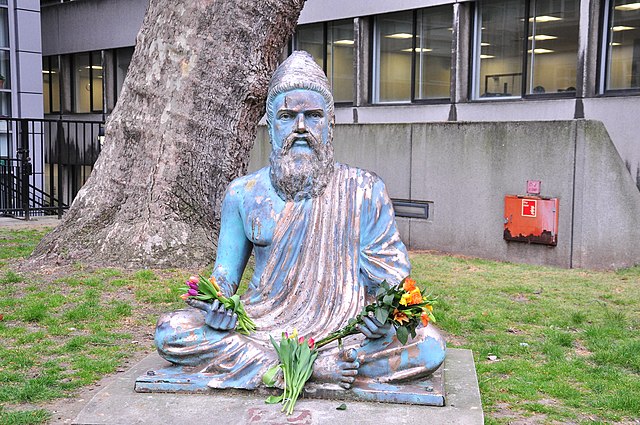Chastity, also known as purity, is a virtue related to temperance. Someone who is chaste refrains either from sexual activity that is considered immoral or from any sexual activity, according to their state of life. In some contexts, for example when making a vow of chastity, chastity means celibacy.
Allegory of chastity by Hans Memling
A virtue is a trait of excellence, including traits that may be moral, social, or intellectual. The cultivation and refinement of virtue is held to be the "good of humanity" and thus is valued as an end purpose of life or a foundational principle of being. In human practical ethics, a virtue is a disposition to choose actions that succeed in showing high moral standards: doing what is right and avoiding what is wrong in a given field of endeavour, even when doing so may be unnecessary from a utilitarian perspective. When someone takes pleasure in doing what is right, even when it is difficult or initially unpleasant, they can establish virtue as a habit. Such a person is said to be virtuous through having cultivated such a disposition. The opposite of virtue is vice, and the vicious person takes pleasure in habitual wrong-doing to their detriment.
Cardinal and Theological Virtues by Raphael, 1511
Personification of virtue (Ἀρετή) in Celsus Library in Ephesos, Turkey
Valluvar (Statue at SOAS, University of London).
Virtues fighting vices, stained glass window (14th century) in the Niederhaslach Church





